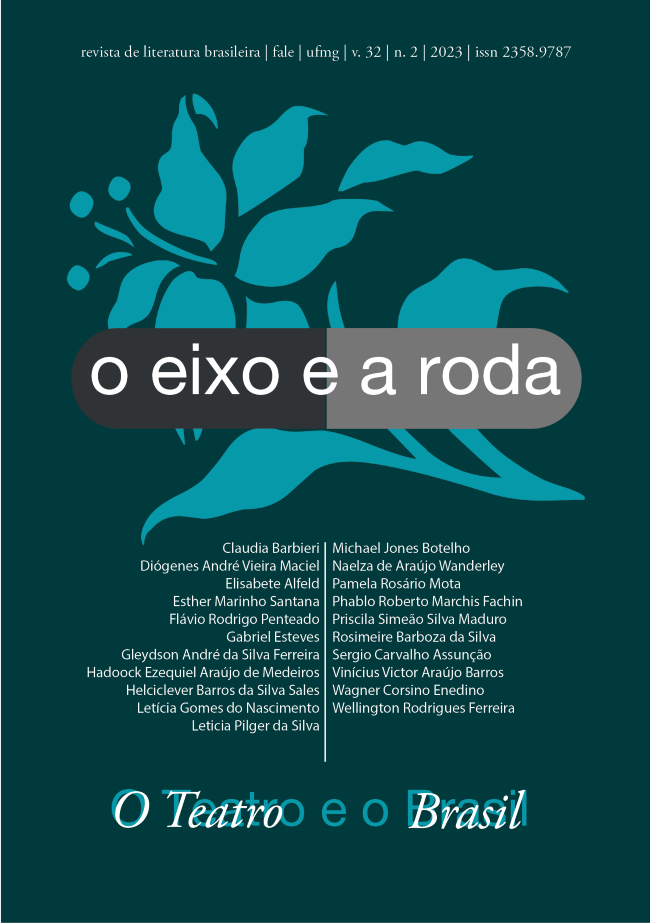The Plural of a Concept Is Often Another Concept
DOI:
https://doi.org/10.17851/2358-9787.32.2.384-398Keywords:
formations, formation, colonial subject, Silviano SantiagoAbstract
The main object of this work is the article “Formações do sujeito colonial: suplemento, dependência, cosmopolitismo”, by João Camillo Penna. The work focuses on a certain disparity between the title and the text, namely the fact that the term that begins the name (“formations”) does not appear throughout the paragraphs. What often appears is the concept of formation, which acquires different meanings and resonances. The work tries to demonstrate that understand “formations” as a mere plural of “formation” is not too uncontested as it seems and that, in fact, the variants result in dissociated concepts. In order to corroborate the hypothesis, the work discusses the psychoanalytic conceptualization that Penna (2012) uses to explore the Silviano Santiago’s production, specifically the texts that involve the “formation of the colonial subject”.
References
GARCIA-ROZA, L. A. Freud e o inconsciente. Rio de Janeiro: Jorge Zahar, 2009.
JORGE, M. A. C. Fundamentos da psicanálise de Freud a Lacan: as bases conceituais. Rio de Janeiro: Jorge Zahar, 2008.
KAUFMANN, P. (ed.). Dicionário enciclopédico de psicanálise: o legado de Freud e Lacan. Tradução: Vera Ribeiro; Maria Luiza X. de A. Borges. Rio de Janeiro: Jorge Zahar, 1996.
NOBRE, M. Depois da “formação” – cultura e política da nova modernização. Piauí, [s. l.], ed. 74, 2012. Disponível em: https://piaui.folha.uol.com.br/materia/depois-da-formacao/. Acesso em: 1 nov. 2022.
PENNA, J. C. Formações do sujeito colonial: suplemento, dependência, cosmopolitismo. Alea: Estudos Neolatinos, Rio de Janeiro, v. 14, n. 2, p. 295-306, 2012. DOI: https://doi.org/10.1590/S1517-106X2012000200010. Disponível em: https://www.scielo.br/j/alea/a/zkhcmktjjtDRTWXyWvzbDDk/?lang=pt. Acesso em: 1 nov. 2022.










